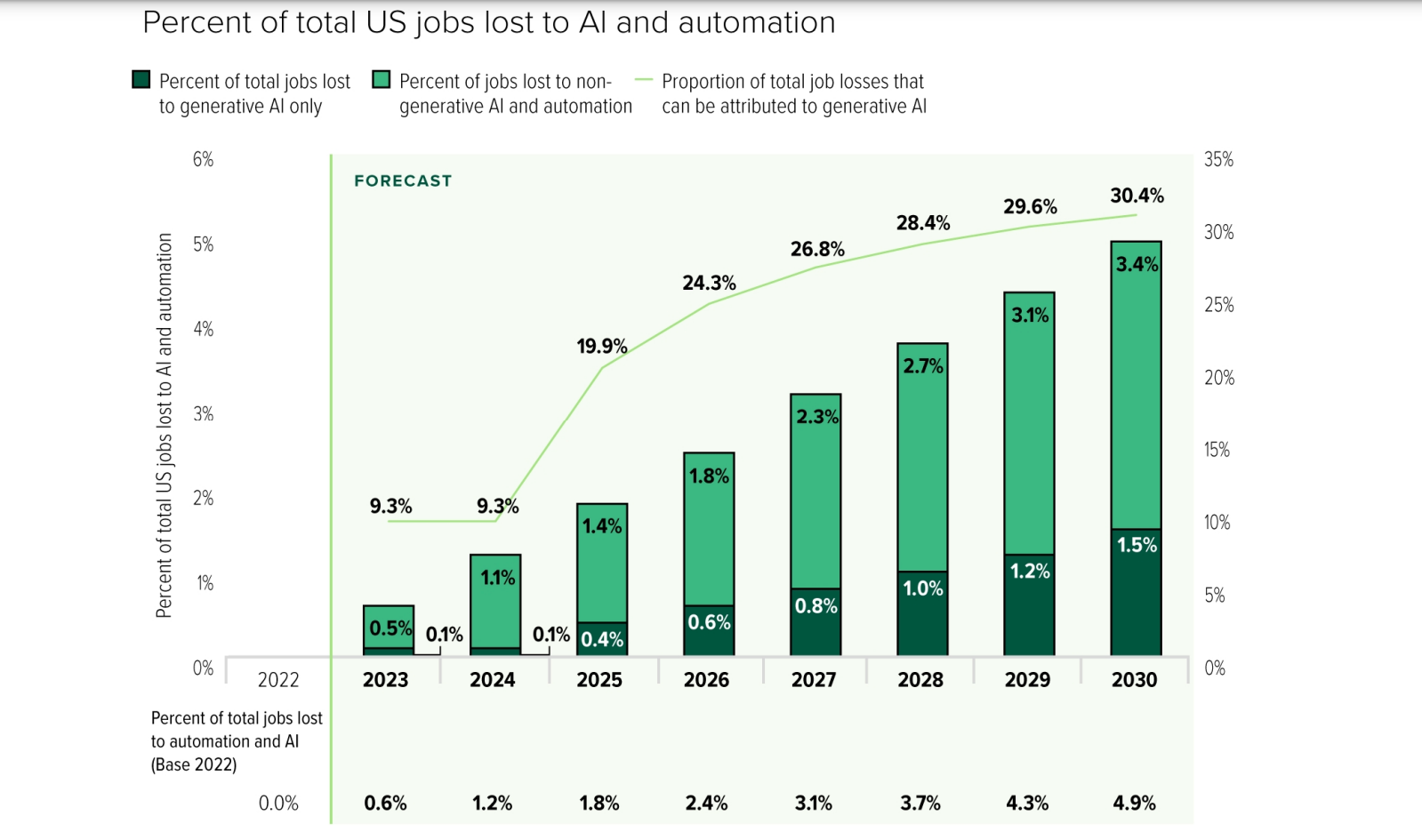A hot potato: Many employees are concerned about generative AI making their jobs obsolete, including creatives such as graphic designers and artists. The fear was compounded when Adobe announced AI updates to several products this week, but a company exec thinks people shouldn't be worried, noting that the invention of the camera didn't kill off painting.
Adobe announced updates this week to its AI image synthesis features across several products, including Photoshop, Illustrator, and Adobe Express. These include three generative AI models: Firefly 2, Firefly Design Model, and Firefly Vector Model.
Adobe says the updates improve the quality of text-prompted generative images and introduce AI-driven editing abilities that can adjust the settings of a photo. The text-to-vector model, meanwhile, can be used to create logos and icons that don't use pixels, a style common in graphic design.
The new features and improvements have cast further doubt on the role of graphic designers in companies that may opt to use a cheaper image generator rather than paying a human. According to Ashley Still, Adobe's senior vice president of digital media, the concerns are unwarranted.
"Two things can be true," she tells Fortune. "Technological innovations can both bring more people into the medium and increase the need for professionals."
"Think about the invention of the camera," Still says. "People thought painting was going to go away, and it didn't. It's just that a new type of content emerged."
Still continues with the analogy by citing the invention of the digital camera, noting that while it allowed more people to take photos, it never made professional photographers obsolete.
Despite the assurances, there's no doubt that generative AI tools like these will cost people work, and in some cases their jobs. We've already seen it happen; a CEO of an Indian company replaced 90% of his support staff with AI, warning that copy-past jobs are now dead as a result of the technology.
The more positive news for workers around the world is that the view on just how many jobs generative AI will displace has softened recently. It was once expected to impact 300 million positions globally, but the consensus now is that the technology will augment more jobs than it will replace, and there's still plenty of public pushback against its use. IBM, for example, once said about 7,800 of its jobs could be replaced by automation and AI over the next five years, but now claims the company would add significantly more positions than it was replacing.

